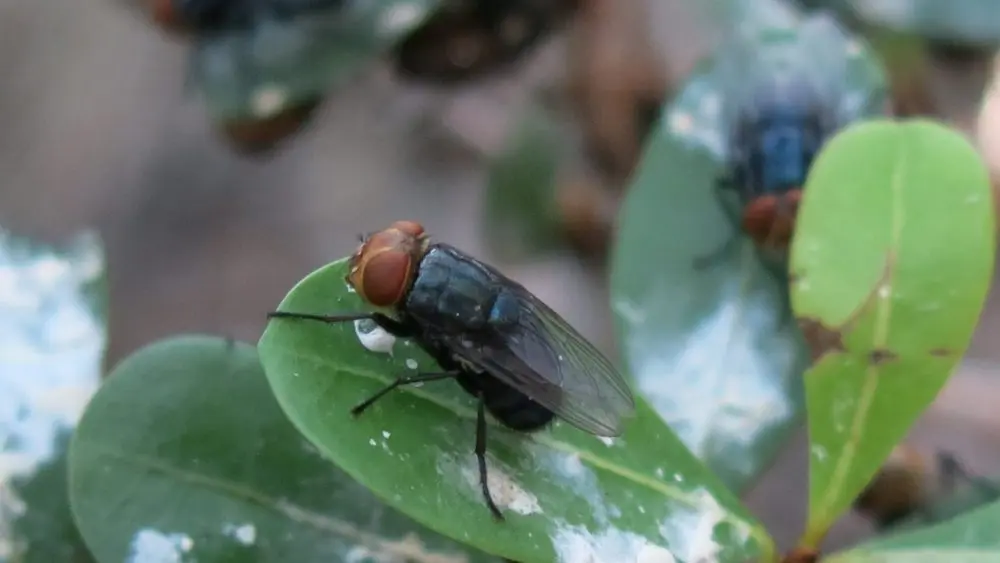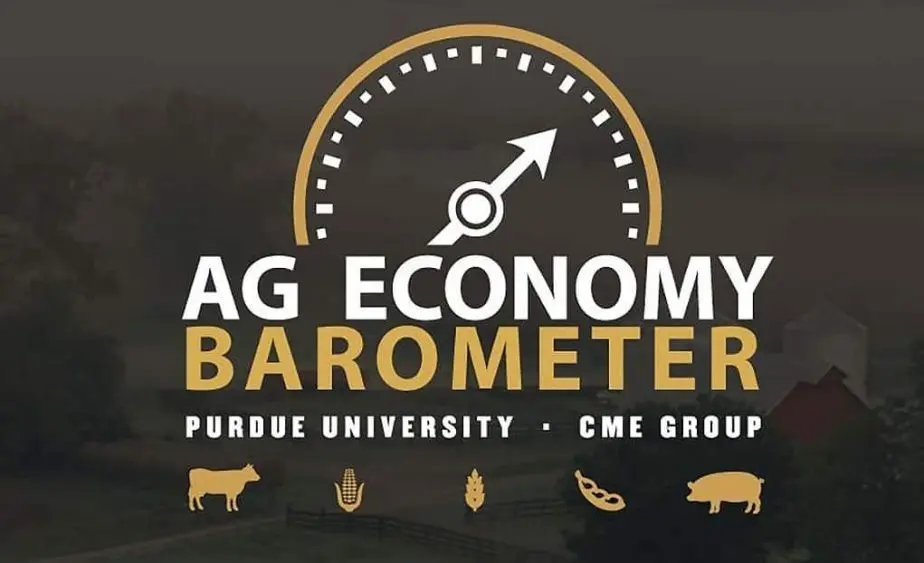A new livestock checkpoint in Montemorelos, Nuevo León, recently intercepted a calf carrying New World screwworm larvae—fortunately, inspectors confirmed the larvae were already dead or non-viable, according to Reuters. The finding comes as Mexico steps up efforts to contain the parasitic pest, which threatens livestock health and trade along the U.S.–Mexico border.
Under Mexico’s reinforced biosecurity rules, cattle must now receive ivermectin treatment within 72 hours before movement, and all shipments are subject to inspection at verification points overseen by SENASICA, the country’s animal health agency. Inspectors treated and examined the full load of 85 head, finding no additional infestations. The incident is separate from the earlier detection in Sabinas Hidalgo, roughly 70 miles from the U.S. border, which was identified through a joint SENASICA–USDA APHIS surveillance protocol. Following that case, Mexican authorities intensified their eradication program—expanding larvicidal treatments, wound care for affected herds, and sterile-fly releases designed to suppress the pest population.
Across the border, the U.S. Food and Drug Administration has granted conditional approval for Dectomax-CA1 (doramectin injection), marking the nation’s first drug specifically designed to prevent and treat New World screwworm infestations in cattle. The injectable treatment provides both immediate therapeutic benefits and 21 days of reinfestation protection, giving producers a critical new tool as the pest threat edges closer to U.S. herds.
FDA Commissioner Marty Makary said, “We understand the urgency with which America’s farmers and ranchers are asking for tools to fight New World screwworm. Today’s conditional approval – the first in the U.S. for NWS – shows our dedication to rapidly advancing important animal medicines when they are needed most. We continue to work tirelessly to complete review of other NWS products to protect multiple animal species in the U.S.”
Timothy Schell, Ph.D., acting director of the FDA’s Center for Veterinary Medicine, noted that the conditional approval ensures the product’s safety and a reasonable expectation of effectiveness. “We are making this treatment available to cattle producers immediately while the sponsor collects the data needed for a full approval,” he said.
According to FDA labeling, Dectomax-CA1 carries a 35-day slaughter withdrawal period and cannot be used in certain dairy cattle or veal calves. Veterinarians are urging producers to follow label restrictions closely and to integrate the treatment into broader parasite management programs to prevent resistance.





